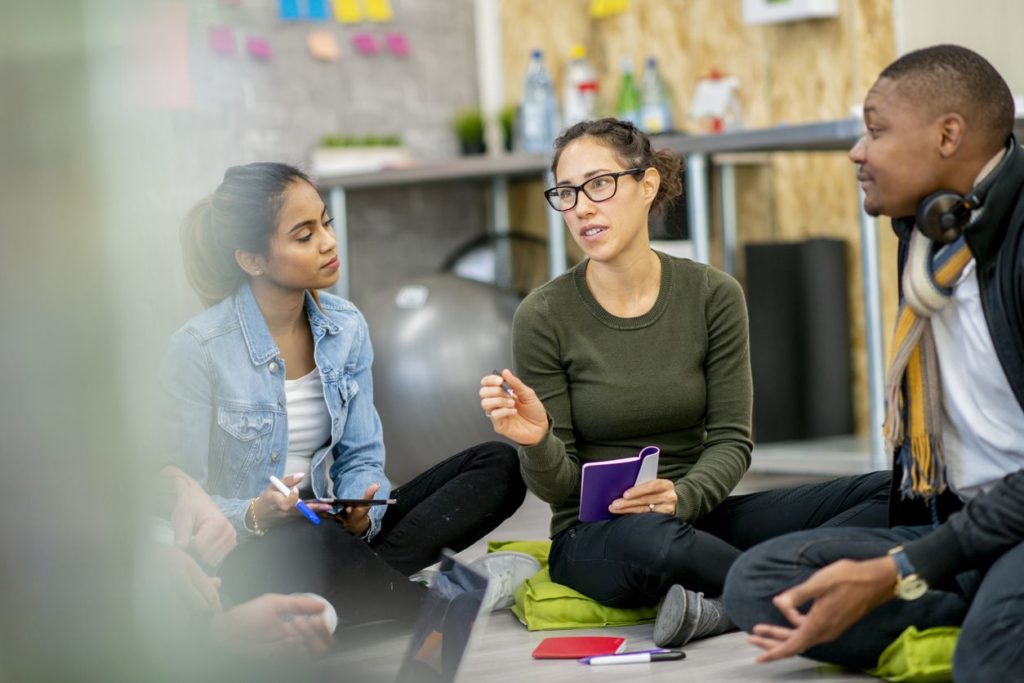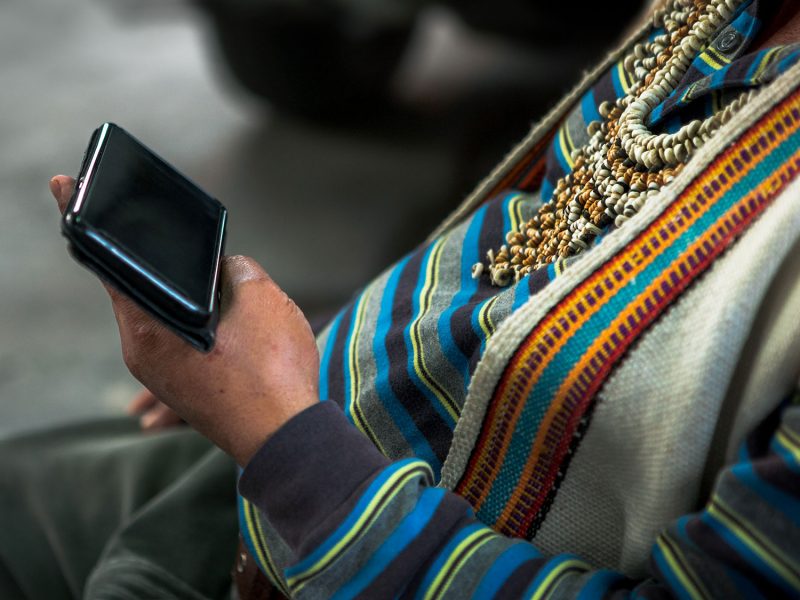Les bâtisseurs de la cité du futur
Evergreen is committed to collaborating with young people to tackle the big challenges and equip participants with the skills and confidence to explore topics most relevant in our cities right now.
This project offers youth the chance to work in a team of peers to design and pilot a concrete solution to address challenges in their city. The challenges we are all facing are numerous, and finding innovative solutions is needed more now than ever before. More than 82% of Canadians live in cities, and this number is growing. Now is the time to work together to build a healthier city, and in the process, create action-oriented projects and tools that can support other young people across Canada to build better cities and communities.

Future City Builders empowers un- or under-employed youth (ages 18 to 29), equipping them to build their own social purpose projects and create their own job opportunities while addressing a social need. Young people often end up in a difficult workforce cycle: lack of job experience keeps them from meaningful work. They accept under-challenging and underpaid work, they don’t get the “right” experience and cannot break into their desired area of work.
Future Skills Centre is investing $150,000 in this 1-year project. Participants will cultivate the mindsets, skills, experiences, and connections they need for workforce success and career-long innovation. The young people will research, consult with their target audience, develop, refine, and build their project. Along the way, the participants will meet and learn from professionals and experts in their field of interest.
Evergreen has worked with more than 250 young people over the last two years to pitch 50 projects across Canada and pilot 25 new solutions. These are aimed at addressing gaps in education and support, combating food security issues through the creation of apartment balcony vegetable boxes, building youth community councils to give youth more powerful voices in their communities, and more.
This program, 50% funded by RBC Foundation in support of RBC Future Launch, begins with an intensive design thinking training curriculum for youth, and is followed by project development that puts their skills to practice, and is layered with regular opportunities for network and coalition building. Participant teams will accelerate an innovation that will make their cities healthier.
Evaluation
Ce projet sera évalué à l’aide d’outils et de méthodes qui concordent avec ses objectifs, son contexte et son stade de développement. L’évaluation mettra l’accent sur la production de données probantes pertinentes et au bon moment, afin de faire progresser l’intervention. Lisez-en plus sur notre stratégie d’évaluation.





